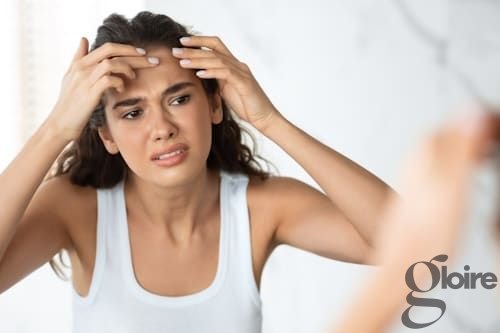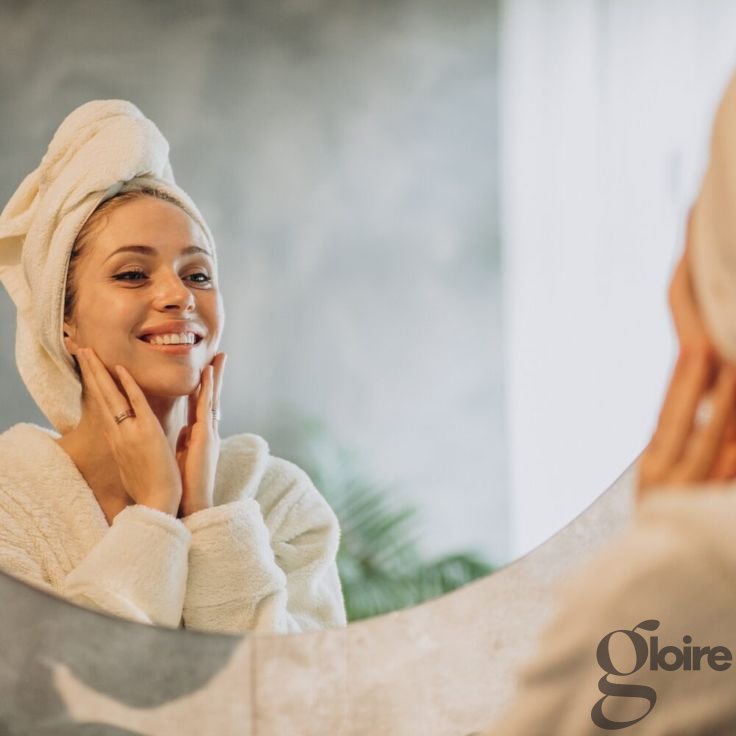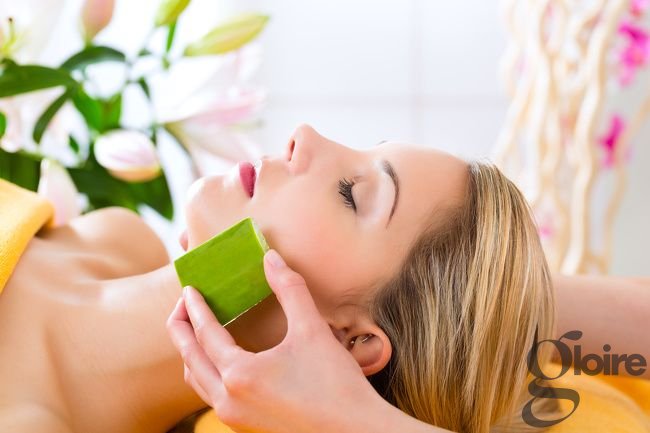Skin pigmentation is a common concern affecting people of all ages and skin types. Understanding the nuances of skin pigmentation, including its types, causes, treatments, and preventive measures, can help you achieve and maintain healthy, even-toned skin. This comprehensive guide delves into every aspect of skin pigmentation, providing actionable insights and expert advice.
What Is Skin Pigmentation?
Skin pigmentation refers to the color of your skin, determined by the amount of melanin produced by melanocytes in the skin’s outer layer. While melanin plays a crucial role in protecting the skin from UV damage, an imbalance in melanin production can lead to pigmentation issues.
Types of Skin Pigmentation
Understanding the types of skin pigmentation is the first step in managing it effectively. Below are the primary types:
1.Hyperpigmentation
This condition occurs when certain areas of the skin produce excessive melanin, leading to dark spots or patches. Examples include:
- Melasma: Often triggered by hormonal changes during pregnancy or due to contraceptive use.
- Post-Inflammatory Hyperpigmentation (PIH): Resulting from skin injuries, acne, or irritation.
- Sunspots: Caused by prolonged exposure to the sun.
2.Hypopigmentation
Here, the skin produces less melanin, resulting in lighter patches. Common examples are:
- Vitiligo: An autoimmune condition causing white patches on the skin.
- Albinism: A genetic condition affecting melanin production.
3.Pigmentation Disorders
These can be due to genetic, environmental, or medical conditions, such as:
- Freckles: Small, flat brown spots often seen on fair skin.
- Age Spots: Also known as liver spots, caused by sun exposure and aging.
For more on freckles and their treatments, visit Freckles on Face: Types, Causes, and Treatment.
Causes of Skin Pigmentation
Understanding the underlying causes is essential for effective treatment. Here are some common triggers:
1.Sun Exposure
Prolonged UV exposure stimulates melanin production, leading to sunspots and tanning. Over time, this can cause permanent pigmentation changes.
2.Hormonal Changes
Hormonal fluctuations during pregnancy, menopause, or due to contraceptives can trigger conditions like melasma.
3.Skin Injuries and Inflammation
Cuts, burns, acne, or conditions like eczema can lead to post-inflammatory hyperpigmentation.
4.Genetic Factors
Family history plays a significant role in conditions like albinism or vitiligo.
5.Aging
As we age, melanin production becomes uneven, causing age spots and uneven skin tone.
For tips on managing skin during aging, check out Menopause Skin Care Tips.
Treatments for Skin Pigmentation
Various treatment options are available, ranging from topical solutions to advanced dermatological procedures. Here’s a detailed overview:
1.Topical Treatments
A.Lightening Creams
- Ingredients like hydroquinone, kojic acid, and azelaic acid help reduce pigmentation.
- Available over-the-counter or by prescription.
B.Retinoids
- Stimulate skin cell turnover.
- Effective for conditions like melasma and age spots.
C.Vitamin C Serums
- An antioxidant that brightens skin and reduces dark spots.
2.Chemical Peels
- Exfoliate the top layer of the skin, revealing fresh, evenly toned skin.
- Effective for melasma, PIH, and sunspots.
3.Laser Treatments
- Use targeted light energy to break down melanin.
- Popular options include Q-switched lasers and fractional lasers.
4.Microdermabrasion
- A non-invasive procedure to remove the outer layer of skin.
- Best for mild pigmentation issues.
5.Advanced Treatments
For severe cases, dermatologists may recommend treatments like:
- Dermabrasion: A deeper exfoliation technique.
- Glutathione Injections: Known for their skin-brightening effects. Learn more at Glutathione Injections: Benefits, Cost, and Side Effects.
Prevention of Skin Pigmentation
Preventing pigmentation involves adopting a proactive skincare routine and lifestyle changes. Here’s how:
1.Sun Protection
- Always wear sunscreen with at least SPF 30.
- Reapply every two hours when outdoors.
- Use protective clothing, hats, and sunglasses.
2.Skincare Routine
- Incorporate antioxidants like Vitamin C and E.
- Exfoliate gently to remove dead skin cells.
- Hydrate your skin to maintain its natural barrier.
For a detailed skincare guide, visit 5-Step Morning and Nighttime Skincare Regimen for Dry and Dehydrated Skin.
3.Healthy Lifestyle
- Eat a balanced diet rich in vitamins and antioxidants.
- Stay hydrated to promote skin health.
4.Avoid Skin Irritants
- Test new skincare products before applying them to your face.
- Avoid harsh scrubs or treatments that can irritate your skin.
Expert Advice and FAQs
How Can I Treat Pigmentation Naturally?
Natural remedies like aloe vera, turmeric, and green tea extracts may help lighten pigmentation, but their effects are generally slower compared to medical treatments.
Are Pigmentation Issues Permanent?
Most pigmentation issues are treatable with the right interventions. Consult a dermatologist for a personalized treatment plan.
Can I Prevent Melasma During Pregnancy?
Yes, by wearing broad-spectrum sunscreen and avoiding direct sun exposure, you can minimize the risk of melasma.
Final Thoughts
Managing skin pigmentation requires understanding its types, causes, and treatment options. By following preventive measures and seeking expert guidance, you can achieve healthier, more even-toned skin.
For related content, explore these helpful guides:
- How to Repair a Damaged Skin Barrier
- Dark Lips: Causes and Treatments
- Uneven Skin Texture: Types, Causes, and Treatments
For professional skin and facial services, visit Skin and Facial Services in Gurgaon.








